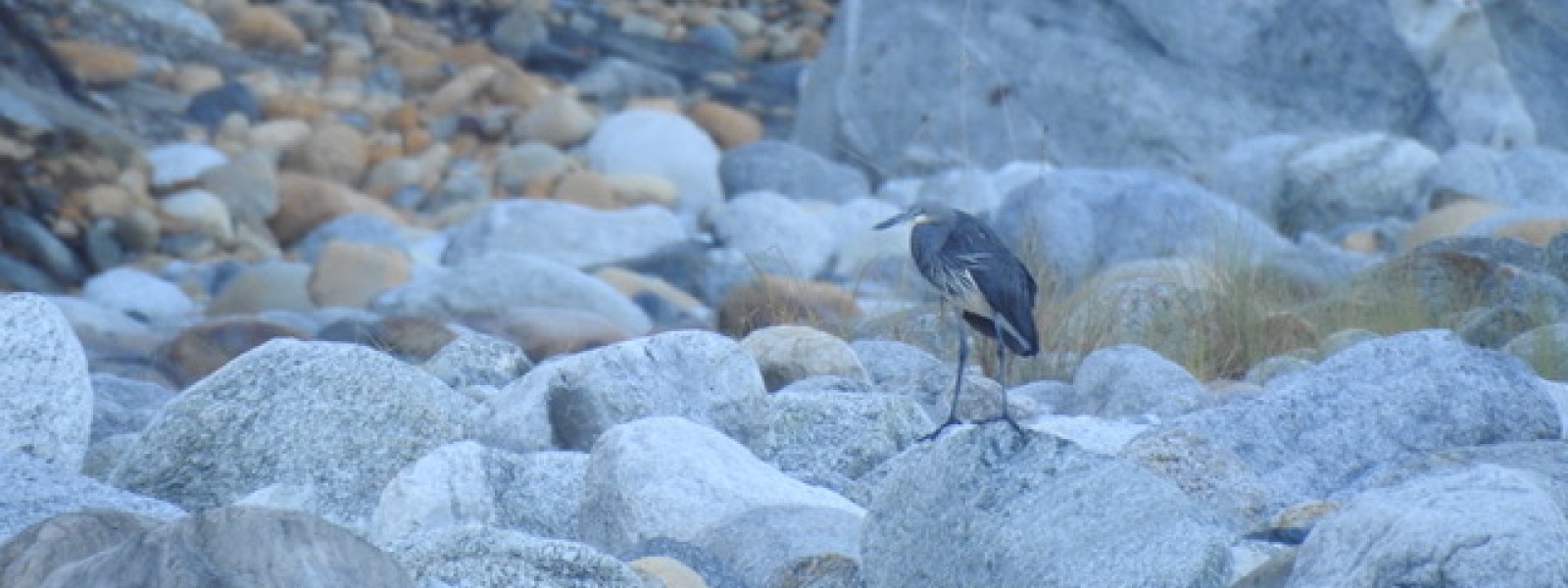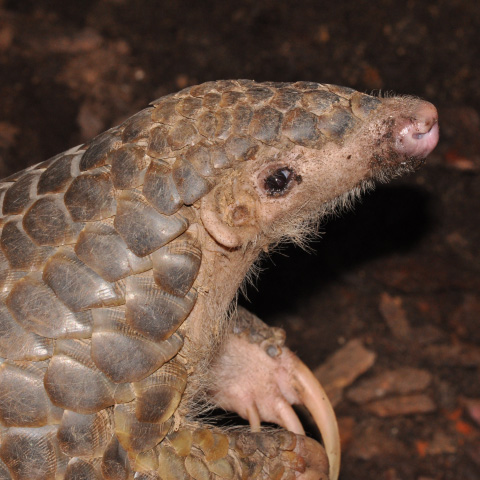About Us
Nature Conservation Foundation (NCF) was started as a public charitable trust in 1996. The main objective at NCF is to contribute towards the conservation and research of wildlife in India which include several endangered species like Snow Leopards, hornbills, Asian Elephant, Dugongs among others. At NCF, we believe in a collaborative and interdisciplinary approach to conservation which includes local communities and using the knowledge generated through our research in our education programmes to further conservation efforts.
ASAP Species That We Work On
What We Do
Nature Conservation Foundation (NCF) conducted the first large-scale survey for the Critically Endangered White-bellied Heron (Ardea insignis) in Arunachal Pradesh, India and documented the absence of this species across large parts of central and western Arunachal Pradesh and confirmed the importance of the eastern Arunachal Pradesh landscape for the heron. Most of the ecological information of the White-bellied Heron is from Bhutan apart from some observations from Arunachal Pradesh. We aim to follow-up on our earlier work to generate systematic information on population size, ecology, genetic diversity and impacts of anthropogenic threats on the heron in eastern Arunachal Pradesh. This information will be vital for informing conservation management strategies and the long-term persistence of the White-bellied Heron in India.
In Northeast India’s largest and most forested state, Arunachal Pradesh, there are ad-hoc reports of the Chinese pangolin (Manis pentadactyla) from some protected areas and community-owned forests. Within Arunachal, pangolins are hunted for meat and traditional medicine by some of the state’s indigenous communities. While food is the primary reason for wildlife hunting in Arunachal, it is also linked closely with customary practices and religious ceremonies. Chinese pangolins were once thought to be widespread across Arunachal. However, there are almost no recent systematic data available on the distribution and status of either of the pangolin species in the state impeding effective conservation measures. Habitat change combined with increased connections with illegal wildlife trade is believed to have led to a decline in pangolin numbers across the country, but particularly for the Chinese pangolin in Northeast India, a region that lies along several international trade routes. In order to protect the species, it is vital to conduct rigorous scientific research and combine it with in-situ conservation involving the region’s many ethnic communities. Therefore, as an initial step, we have started to fill this knowledge gap by investigating the distribution of, local perceptions of and relations with, and hunting pressure on the Chinese pangolin in the community forests in the Siang basin through local knowledge-based interviews and camera trap surveys.
Where We Work
Northeast India
Photo Credits
Nature Conservation Foundation




